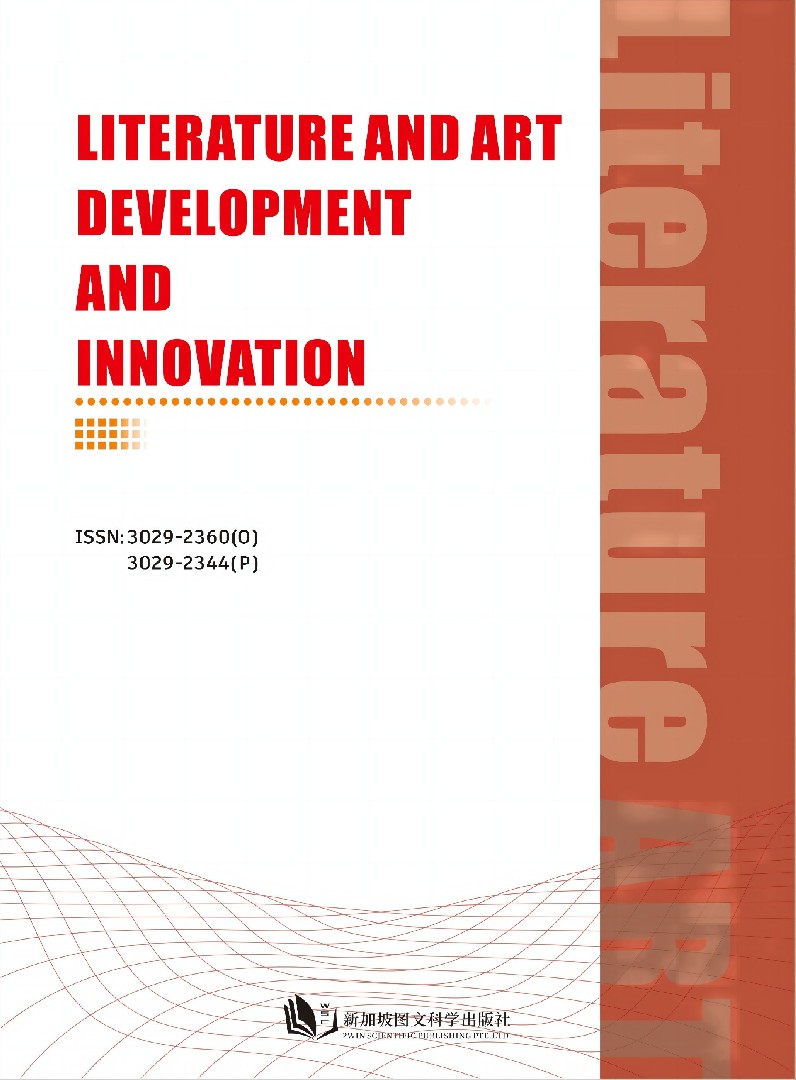作者
Pei Yueqi
文章摘要
A Dream of Splendor (Menghua lu) TV series brings to life the Song’s (960–1279) prosperity, especially women’s business. So, this paper analyzes how and why women ran shops like teahouses or taverns.
文章关键词
A Dream of Splendor, Song women; teahouses; taverns; sing-song girl culture
参考文献
[1] Li, Xu, “A Study on the Economic Activities of the Lower Class Women in the Song Dynasty (Songdai xiaceng funü jingji huodong yanjiu),” Zhengzhou University, 2016.
[2] Ke, Wang, “Examining the business activities of Northern Song dynasty’s singing girls from The Eastern Capital: A Dream of Splendor (Cong dongjing menghua lu kan beisong geji shangyexing huodong),” Northern Music (Beifang yinyue).
[3] Mai, Hong, Zhuo, He, ed, Yijian’s Record (Yijian zhi). Beijing: Zhonghua Book Company, 1981.
[4] Yuanlao, Meng, The Eastern Capital: A Dream of Splendor (Dongjing menghua lu). Shanghai: Shanghai Sanlian Bookstore, 2014.
[5] Zimu, Wu, Notes of Bianliang Dreams (Mengliang lu). Xi’an: Sanqin Press, 2004.
[6] Zhuo, Zhuang, Luyang, Xiao, coll, Collected Tidbits and Trivia (Jilei bian). Zhengzhou: Elephant Press, 2012.
[7] Shi, Ye, Ye Shi’s Works (Yeshi ji). Beijing: Zhonghua Book Company, 2010.
[8] Tuotuo et al, Song History (Songshi). Beijing: Zhonghua Book Company, 1977.
[9] Yi, Dou et al, Yiru, Wu, coll, Song Criminal Code (Song xingtong). Beijing: Zhonghua Book Company, 1984.
[10] Ebrey, Patricia, The Inner Quarters: Marriage and the Lives of Chinese Women in the Sung Period. Buckley: University of California Press, 1993.
Full Text:
DOI
